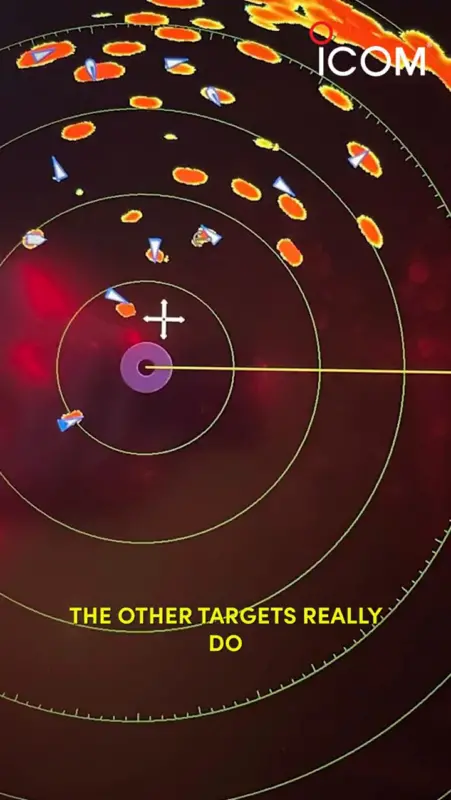Sacramento, California to Implement Digital License Plates In Effort to become ‘Smart City’
Cities throughout the country are constantly looking to bring their buildings and city vehicles into the modern era. Now, Reviver Auto—the maker of the world’s first digital license plate, the Rplate, Sacramento, Calif. is better able to track its electric vehicles through the plates’ GPS technology. It can also simultaneously communicate messages and warnings to more of the public in the case of an emergency.
“Reviver Auto has brought license plates into the 21st century, offering modern conveniences to improve the overall driving experience,” Neville Boston, CEO, Reviver Auto said. “We are proud to team up with the city of Sacramento and applaud their leadership as they implement the Rplate Pro into their smart city infrastructure.”
What makes the Rplate Pro unique from traditional license plates is the multi-functional digital display and connected vehicle platform to make driving safer and smarter. Features include automated registration renewals, charity plate options, personal messages, vehicle locator, safety alerts, stolen vehicle information, payment solutions for parking and tolls, and marketing capabilities. All of this—while unencumbering the view of the license plate number.
Mark Stevens, the city’s Fleet Manager, said the digital plates allow the city to oversee the movements and mileage of electric vehicles.
“The new digital plates cost slightly less than the GPS system the city uses for its gas-powered vehicles”, Stevens said.
This transition to technology comes because of a larger plan from Sacramento to reduce fuel consumption and greenhouse gas emissions. In 2017, the city reported a decrease of 26% in total fuel consumption compared to 2010 and these license plates could be the key to further reduction. Reviver Auto looks to have 100,000 digital license plates on the road in 2018.







